
Brian's Run Pod
Welcome to Brian's Run Pod, the podcast where we lace up our running shoes and explore the exhilarating world of running. Whether you're a seasoned marathoner, a casual jogger, or just thinking about taking your first stride, this podcast is your ultimate companion on your running journey.
Join us as we dive deep into the sport of running, covering everything from training tips and race strategies to personal stories and inspiring interviews with runners from all walks of life. Whether you're looking to improve your race times, stay motivated, or simply enjoy the therapeutic rhythm of running, Brian's Run Pod has something for every runner.
Brian's Run Pod
The Balkan Running Renaissance
Aleksandar Matic , a software engineer turned running coach, shares his journey from viewing running as punishment in Serbian schools to becoming the voice behind one of the largest running communities in the Balkans. His patient coaching approach has helped over 200 runners complete their first races and transformed their bucket-list goals into sustainable, healthy lifestyles.
• Growing up in Serbia, running was used as punishment in schools, creating negative associations with the sport
• Aleksandar's perspective changed during high school in the United States, where he experienced a supportive running community
• As a late bloomer to marathon running, Aleksandar took 10 years to attempt his first marathon out of respect for the distance
• His coaching philosophy emphasizes consistency and understanding individual capacity rather than focusing on pace
• The Belgrade Marathon has grown from 2,000 participants with reluctant community support to 15,000 runners and citywide celebration
• Aleksandar identifies the millennial and Gen Z generations as driving the cultural shift toward running in the Balkans
• Creating running content on TikTok requires balancing popular topics with content that provides genuine value
• The challenge for both runners and content creators is avoiding the trap of seeking quick results instead of building consistency.
Aleksandar Links
Brian's Run Pod has become interactive with the audience. If you look at the top of the Episode description tap on "Send us a Text Message". You can tell me what you think of the episode or alternatively what you would like covered. If your lucky I might even read them out on the podcast.
Instagram
So you're thinking about running but not sure how to take the first step. My name is Brian Patterson and I'm here to help. Welcome to Brian's Rompod. Well, welcome back to Brian's Rompada. My name's Brian Patterson and we have a really special guest for you today. Today we're talking to Alexander Matic, is that correct? Have I spelled it correctly? Great, I'll pronounce it correctly. He's a running coach. He's a content creator and the man behind one of the biggest running communities on TikTok in the Balkans. We're diving into how we help 200 plus runners cross the finish line, the power of TikTok, balkan running culture and also running sub three marathon running. So, without further ado, let's get into it. Welcome to the podcast. Pete Brown, thanks so much for having me on Great. Great, I'm really pleased you've come on to the podcast, but I know I haven't included this as part of the outline. But I just wanted to know, growing up in Serbia, what was your experience of exercise, you know, like in high school?
Speaker 2:That's a great question, because I didn't grow up loving the sport. Oh really, okay, it wasn't something that I cherished. It wasn't something that was presented to me either through my parents or through my environment. It was more used as a punishment, if you're like, if not doing the exercises right during the high school or elementary school, they make you run laps, and nobody liked to do that. So it was a really a bad setup towards running from the beginning. But that kind of changed afterwards, like after I, after my teenage years, like in my early twenties. It was a big switch towards where I am right now. I think, oh great.
Speaker 1:So did you do any exercise when you're at university, or did you go to university, or did you go straight into the workplace?
Speaker 2:I was lucky enough to finish my high school degree in the United States. Okay, I had a. That was the first place where I actually had a bit of a better insight into what running culture is and how at least it's being perceived within the American high school system. So I got hooked on it really fast. To be honest, it was. It was the community around that within the high school was pretty good. It was a great running coach who helped you know anybody who was either like a beginner, as I was, or like really advanced people who were taking state prizes and being like champions, stuff like that. So at that point I started by running shorter distances, like 300 meters indoors. That was my discipline at that point, but like it felt like a safe spot because it was quick, it ended up quickly. It wasn't something that would drag along for hours like marathons do which I enjoy doing right now.
Speaker 2:But it was a good way to get into the sport and then kind of take that as a seed and continue to grow. Once I came back to Serbia, I did finish my college degree here in Belgrade. I'm a software engineer, oh, okay, yeah, so that's my primary occupation. I have a I'm a co-founder of one of the software engineering companies here in Belgrade. So, but, like, my love towards the sport was something that forced me to kind of do two things at the same time. So always on the fence, whether, like, what's more important, what's more important to do, but a lot of both things and a lot of doing them both. So, but yeah, within, like within the college years, there was no particular curriculum that included running. It was something that you did on the side and at that point of time I think we'll touch on that later on the running in Balkans wasn't that developed. It wasn't something that people did for fun. As I said, it was something that you do when you want to lose some weight. But that changed drastically since then.
Speaker 1:That's interesting. So what you said about software engineering is something that you have in common with me. It's something I did try and dabble with. In fact, I did back in the day, maybe about 10 years ago. I did when produced some apps for the iOS app store, and I did do a running one because I knew someone who had a kind of like a running community. But in those days to get anything into the iOS app store was a lot easier than it is now, as you can understand. So it's quite a bit different story right now. It's a different story. Definitely, yeah, anyway. Enough about me. Right now it's a different story. Definitely, yeah, anyway. Enough enough about me now getting into this. The helping 200 runners to their first race can tell us a little bit about that story? Oh, absolutely.
Speaker 2:So about 15 years ago, in my early twenties, I was starting to get a bit more serious about running. As I said, at that point of time there wasn't many. There weren't many resources online, at least local resources, but I think globally wasn't as big as it is right now. There was a bit of a scarcity of information how you do things, how things should be done, what's not to do, what's to be avoided and such, and I think, as most of the runners who started off by themselves, I made all the beginners mistakes. They're out there.
Speaker 1:Yeah.
Speaker 2:All those phases and about five or six years ago you know, it's at that point I'm like 10 years in the sport and I've conquered quite a bit of the challenges I had presented for myself I looked into kind of utilizing that knowledge to help others. So the first people I helped up were some of my close friends, the ones that were seeking their particular goals at that point in time, and it was more of a word of mouth kind of thing. That kind of grew over the years and we are at this point where it's like, as you said, like 200 runners who crossed their first finish line by working closely with me and through the programs I have for them so were you running doing like 5, 10k programs, and were you running that kind of distance?
Speaker 1:had you not sort of looked to ventured into the marathon at that stage?
Speaker 2:As far as marathon goes, I was a late bloomer. I didn't want to go into it too fast, so it took a good 10 years prior to my first marathon. Not because I was afraid I couldn't do it. It's more so that I had the respect for the distance and, after accumulating some knowledge and experience of other people who ran similar distances, I felt like that required a bit more respect towards the marathon until I was ready to do it in what you want to call the right way, what they would write for me doing like under some four hours at that point.
Speaker 1:So when you were sort of approaching or sort of I understand you were coaching these people. So were there any common threads, you know, with the type of people you were coaching? I mean, were they kind of the similar age or were they people who are a lot older or that kind of thing, who are kind of new to running?
Speaker 2:In the beginning there was a thread that connected all of them was people who are trying to get into running and trying to do their first half marathon.
Speaker 2:Okay, yeah, so that was, I think that's a I think still is a big bucket list for most of the people running at least one race, and the common thread that I felt at beginning was that people wanted to do things quick. They wanted to do them fast, efficiently, without any issues, and you know, you and I and all the people who are listening to this podcast know it kind of takes time, it takes dedication, it takes, you know, the luck of the sport, because you know if you want to do something for long, you have to do it right and like what I feel like was the biggest takeaway from that is having most of them kind of stick around in the sport after that. So, whether then we're doing another race or just keeping doing, keep running for for their personal health, yeah, mostly stuck around and kept on running after that like bucket list thing they had set for themselves thing they had said for themselves.
Speaker 1:And so were you sort of going through, were you introducing kind of different types of running things like tempo intervals all that kind of, or did you just try and keep it quite simple?
Speaker 2:It really depends on where the runner is, and I think that the principle I kind of have to this day, because there's a lot of people who come in and they don't know anything about the sport. They are seeking for structured support and that means taking it from the beginnings introducing what easy runs are, tempo runs, are intervals, talking about hill sprints, talking about quality long runs, talking about all the things that exist out there and that could be beneficial for them if you structure them right. But, like most of the people, where I feel like most of the people suffer in general are the consistency when it comes to running in the general volume that's been presented for them, because there's a sentiment that you can run a half marathon with little to no training and that might be so for some people who have been training in different sports for years. But a lot of the people have sedentary lifestyles and they just jump into that. It kind of ends up with them being injured and hating the sports and blaming the sports for it.
Speaker 2:So it's important to kind of take having take into the basics and understand how the concepts work and having focus on more time on the feet rather than peace and the tempo they need. It's more like spending time understanding how your body works, have an understanding of what is slow, what is fast for each individual person and taking one step at a time.
Speaker 1:Would you sort of at the same time for beginners, would you say you supplement your running with sort of strength training, or is that something that you might introduce at sort of like at a later stage?
Speaker 2:That's a good question. I mean, it really depends on where does the person come from, as far as their running history, right. So a lot of these people come from fitness, like they've been doing bodybuilding of some sort or they've been going to the gym for years and they do have a basic concept of how certain training works and they just can incorporate that on top of what they on top of their running sessions, right, yeah, but for most of people who come from zero activity prior to this, it does require some coaching into how to, you know, take care of your core strength, how to take care of your general body strength, and mostly it's. I tend to offer them body weight fitness exercises, because for people who haven't been to gyms prior to that, it's a bunch of shocks coming at the same time, like starting running, having someone tell you what to do and then adding a gym on top of that. Yeah, it's a pretty big stress for them, right.
Speaker 1:Yeah, but also it's cheaper as well, absolutely.
Speaker 2:I mean you kind of have, but also it's cheaper as well. Absolutely, I mean you kind of have to take that into account as well.
Speaker 1:Right, we'll move on to, as I said, my next segment, which is sort of running in the Balkans. Now you're saying that you're from Serbia. So when you started this journey of yours, what was the community like within Serbiabia? And I think you said it was kind of very I don't know premature sort of sort of like a novice level sort of thing, not compared to, let's say, obviously like the united states, where you came from. What was it like?
Speaker 2:yeah, I mean it was. It was a big difference between the two like and it's comparing opposites right. At that point of time there was a pretty decent athletics approach, right, Because you know, like professionals like 400 meters or 1500 meters, yeah, marathoners like down in the past former Yugoslavia had people who took medals in marathon in the 50s and the 60s, but that's a whole different thing comparing to regular Joes doing their half marathons, some like weekend warriors, stuff like that. So that was pretty much non-existing at that point. And I do recall about 13 or 14 years ago, as one of the, I think, first half marathons I ran, that was a big city marathon here in Belgrade where it was like 2000 people who were running the half marathon, which is not big by any means, and you kind of have to lock down the city for that and people have to, kind of, you know, be there. And then people were not happy about city being locked up for some random race. Oh, okay, yeah, I understand.
Speaker 2:Yeah, so there's the approach, like the mentality of regular people, but that has changed drastically over the last 15 years. Now, bailiwick Marathon is well, I wouldn't say one of the bigger ones in Europe, but definitely one of the bigger ones, at least in Southern Europe, like this year, I think. We had 15,000 people show up and it's a celebration of sport, celebration of life, so we have people coming out on the streets. So there was a big switch over the last 15 years, and you kind of have to thank the internet for that, because I mean it has been. We have been reduced to a global village in a sense. So everything is more accessible and I think the cultural running can expand more quickly thanks to everything being accessible online.
Speaker 1:Yeah, I mean cultural running can expand more quickly thanks to everything being accessible online. Yeah, I mean, I I agree because I know, you know, I've interviewed one lady and she said she's done the big six but it doesn't stop there, because you know, okay, she which she was. She, she's forever wanting to do more, more marathons. I think maybe that she's not the only one. And going somewhere abroad, like Belgrade, you get to see the sights as well as experience doing something that you love and getting to run in the streets and that kind of thing. I mean that must be so exciting compared to, let's say, running maybe a marathon in your backyard or something like that.
Speaker 2:Oh, absolutely. I mean, I wouldn't say I would say there's no better way to explore a city than to do a run. Right, yeah, do like a regular run. It's amazing you do a road race where they close things up and you can run under I don't know Eiffel Tower or under, you know, through Manhattan Bridge or something like that, some things that you can generally do.
Speaker 1:that kind of sticks around with you and something that I think most people remember for the rest of their lives yeah, I mean well, I know, well I'm I live in twickenham, which isn't far from london, so and obviously london is one of the big six ones. But you know they, yeah, so they go, you know, through tower bridge, crossing the thing, and they, even though they may not have achieved their time, but they've had the experience and the vibe you get. But, like you said so in Belgrave, it's definitely catching on and you're getting the public support and no doubt the media are behind it. It's not just about what happens online.
Speaker 2:Absolutely. As I said, it has been a pretty big switch. I think the the changes that came through millennial generation, especially with gen z, those are the people who are more and more uh taking on what the global trends are and global approaches towards health, and I think that made the huge switch. As far as the people who ran the races, as far as media goes, the change has been immense. We've seen, you know, obviously we have seen marathons televised, we've seen major news sources cover those kind of things. We, in the last, I think, five years, we had two world champions, championships in cross country. That happened in Belgrade.
Speaker 1:It's amazing.
Speaker 2:You have, like all the Ugandan champions and Kenyan champions running in the town, so that really helps a lot as far as the popularity of the sport goes, and I think we're still not there. We're not there like it is in England, where it's paid, but it's getting much and much better and I'm happy to be there and hopefully a part of that and hopefully contributing to the popularity of the sport.
Speaker 1:Now you may be. Obviously I know it's a focus not just over here in the UK but also in the United States, how they want to get young people, you know, off their phones doing more exercise. Is that the same kind of focus that you know, either the government is trying to do over in Serbia and where you are.
Speaker 2:I want to say that, like it doesn't have too much to do with what the government is doing or not doing. It's more so that the people are kind of making a switch in the mindset. There was a big question of the pre-existing running community that was here 15 years ago which kind of was locked up in a sense. It was kind of the mindset of the people who run races back then was closed and they were not as accepting of new folks coming in, which was, you know, you want to do something and not being accepted that turns you off from doing the sport activity. That changed quite a bit. So I think those two type of roadblocks are not there anymore. I think, and I think that you know a lot of creators that are out there right now who are just promoting their regular journeys. All people are just trying to do their first 10K and they've been preparing for that for a few months and people are seeing their struggle kind of relating to that. It brings more people towards running and I think that's super important.
Speaker 1:Yeah Well, you've just transitioned quite nicely into the next bit, which is about you going viral on TikTok. Is there any reason why you chose TikTok as opposed to, let's say, other social media platforms?
Speaker 2:That's a good question. I think I felt the algorithm on it was, I think, better suited to the message right, because I haven't dabbled as much with Instagram or other platforms. Tiktok felt about right, at least what I've seen from foreign content creators in the States or in different countries. So at the point when I kind of started that off, there wasn't at least a fully dedicated writing channel out there that covered all the Balkan languages, so to say. Say, because we do speak similar languages across the board here. Okay, yeah, because we have, like Serbia, macedonia, Croatia, bosnia. It's like I'm guessing more towards dialects within England, right?
Speaker 1:Yeah, yeah.
Speaker 2:Yeah, so like Scottish accent versus London accent. So that that's. That's how big the difference is, so it's not that bad. Uh, you can pick up on most of the things. Anyhow there was. I saw an opportunity, I saw hole in the market, sort of say yeah, again a gap, yeah it was a gap, exactly so gap, and trying to.
Speaker 2:Well, I tried to create something that was useful, like you know, just taking the knowledge and experience together, the years, and putting that into a video form and caught up. It didn't caught up right away, though. I mean it takes time, it takes traction, it takes consistency, I guess, because it's not just about the algorithm, it's about people. You know that translates into running, I think, as people tend to look for quick solutions to whatever the problem is. So, like you want to, you want to do a marathon right away, you want to become viral on Tiktok right away? Yeah, it takes time. So it's being consistent and doing something more for yourself rather than for the others. I mean, you're doing it obviously because you want to share something, but not with the expectation of getting anything back.
Speaker 2:Yeah, so I wasn't doing together get subscribers or to get used. I was just placing content out there. If someone needs that or likes that, awesome. If they don't, that's fine as well. Uh, it helped me kind of do better as far as presentation goes, because I I do have, like, I obviously take video calls and everything but recording yourself and placing your video out there is a whole different story. So getting to a point and understanding how that works was really, really fun for me, and I'm still learning.
Speaker 1:So that's the beauty of this sort of thing, isn't it? Is that you're learning all the time and you don't do the. But did you? Because I know I spoke to one content creator and she was able to kind of get the feedback from her audience as to and I don't know if it's the same on tiktok as to what people were were looking for. You know, you know, like she, she started off like like really small and then she was able to gauge a bit of a feeling as to what the audience wanted there is. Was that the same for you?
Speaker 2:there is always, like you can tell, based on whether it's comments they bring, paste and post it in the comments section or through the stats whether something was works yeah yeah, some works or not. But that's kind of a a bit of a catch to it because it might force you to post type of content that generally isn't something you want to do all the time. So if I do so, a good example of that is I try to kind of cover both news from the sport as well. So I've done I've just done a video on the recent allegations of doping that happened with the female marathon world record.
Speaker 1:Yeah, I think I saw that yeah think I saw that.
Speaker 2:Yeah, yeah, yeah. So that, like, stuff that has a tendency of being scandalous tends to be more popular to see, but you don't want to end up being that kind of stuff. So I mean, it's, it's easy, yeah, it's not valuable stuff, so you can have to balance between what people want versus what you think might be beneficial from at least your expertise, I think yeah, and and and what.
Speaker 1:What do you think based on you know I don't know how long you've been doing it what do you find is you know what, what you can tap into and what do you? What do you find that people want more of? Do they want more advice? Do they want more you doing your training.
Speaker 2:It's a mixed bag. I think they want there's a lot of room for good content out there, right, and I've seen more and more channels that create that kind of content grow globally. And they want, obviously they want an average that we can relate to. Most of us will never reach the heights of running low two marathons and stuff like that. You know, breaking free is as far as it goes for most of us, or at least getting close to that. So they want to see the trip of someone who they find to be similar to them. They also want to hear a bit, you know, feedback on different sports equipment. They want to hear about races that were organized and what went well, what went wrong.
Speaker 2:It really depends, as I said, like it's super important that not you don't end up just serving the desires of the people. It's important to kind of have your plan and kind of stick to it, even when you know some of the stuff won't perform as as good. There is always a you know, a limited public who likes certain type of things with with social media it's hard to be really specific. So like diving deep into how like that threshold works or going to norwegian singles a bit deeper is there's not a lot of public for that on social media. But again, like I have a newsletter on the other hand, so like I can dive deep through a blog, or who wants to read that? If it's 10 people to read it, that's amazing. That's better than having 10,000 people watch a video who they don't care much about, right.
Speaker 1:Right.
Speaker 2:Okay.
Speaker 1:That was an incredible interview from Alex. A software engineer by day and became a passionate running coach, helping over 200 runners cross their finishing line. Growing up in Serbia, running was seen as a punishment, but his high school experience in America had changed that perspective. Alexander's journey mirrors the dramatic evolution of running culture in the Balkans, where he began running seriously 15 years ago. The Belgrade Marathon attracted just 2,000 participants, but today it draws 15,000 enthusiastic runners from a widespread community support.
Speaker 1:As the voice behind one of the largest running communities in TikTok and the Balkan region running communities in TikTok and the Balkan region Alex Zander shares insights into the beginner success. He emphasizes consistency, proper volume, building, understanding individual capacity rather than focusing on pace and quick results. His patient approach has helped hundreds complete their first races and transformed what might have been a one-time bucket list achievements into lifelong healthy habits. So ready to start your own running journey or take it to the next level? Subscribe to hear more conversations with passionate running advocates like Alexander, who are transforming running cultures worldwide. Next week, we continue on conversation with Alex and delve into his social media presence, amongst other exciting topics. So don't forget to come back next week and we'll hear more.
Podcasts we love
Check out these other fine podcasts recommended by us, not an algorithm.
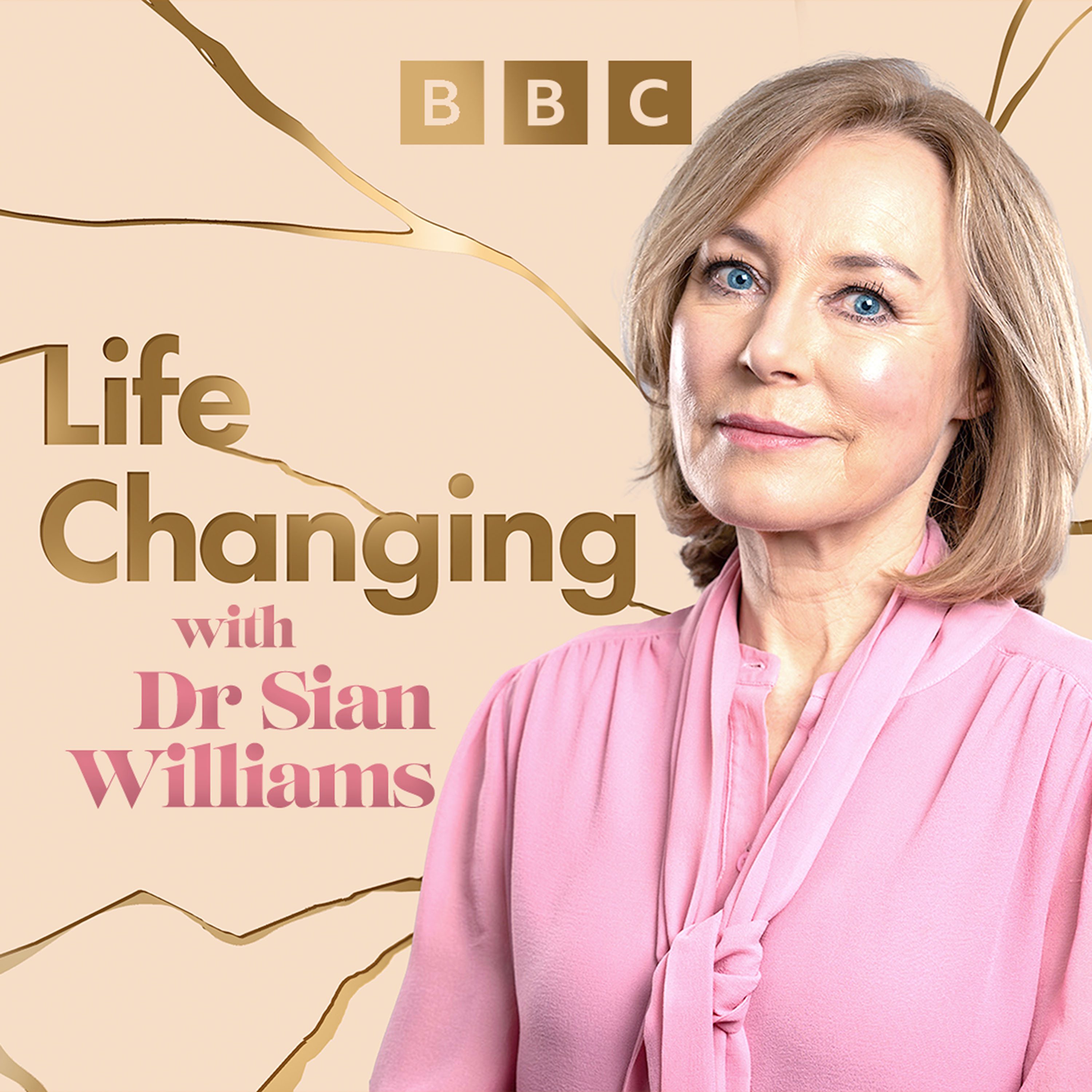
Life Changing
BBC Radio 4
Tech Life
BBC World Service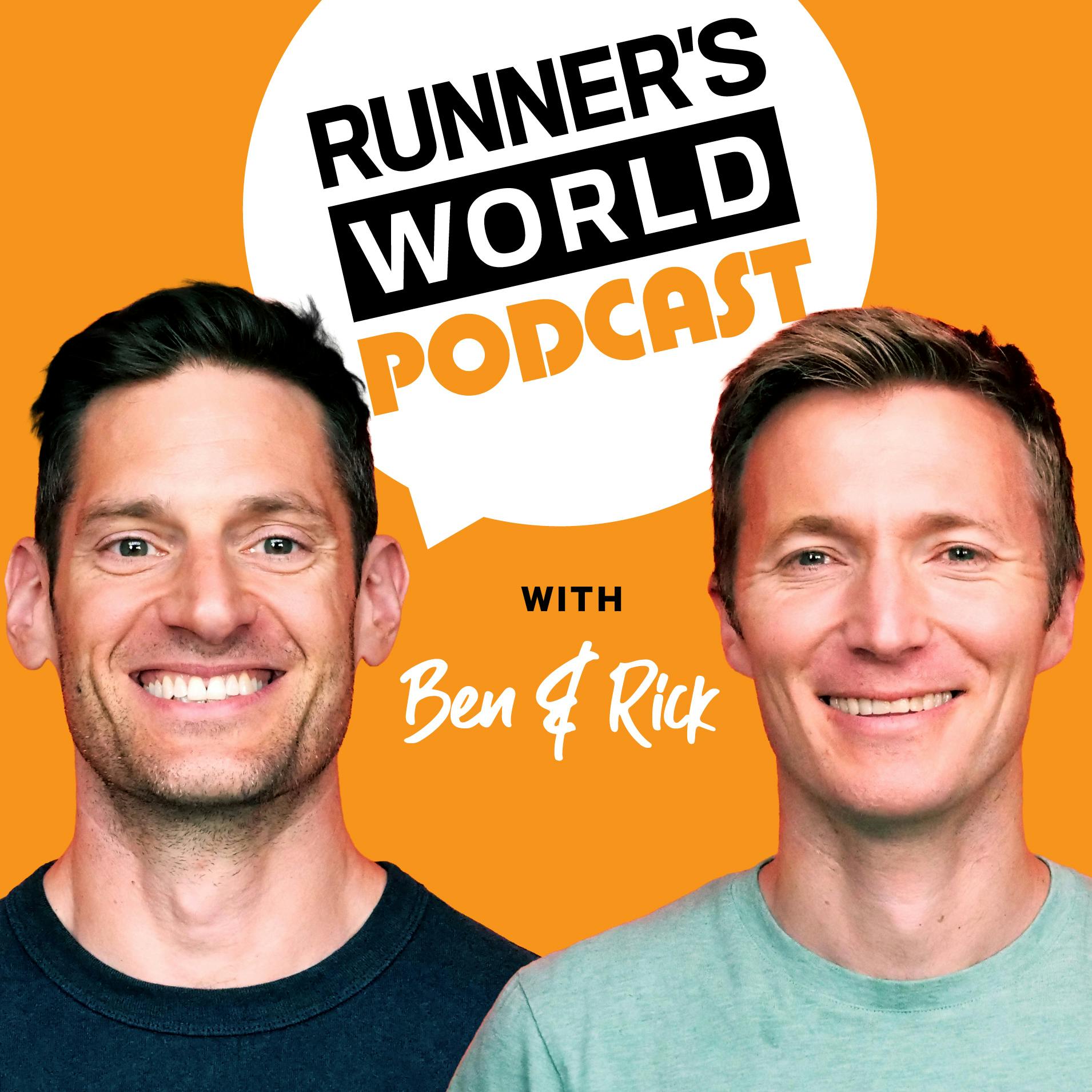
Runner's World Podcast
Runner's World UK
Buzzcast
Buzzsprout
Newscast
BBC News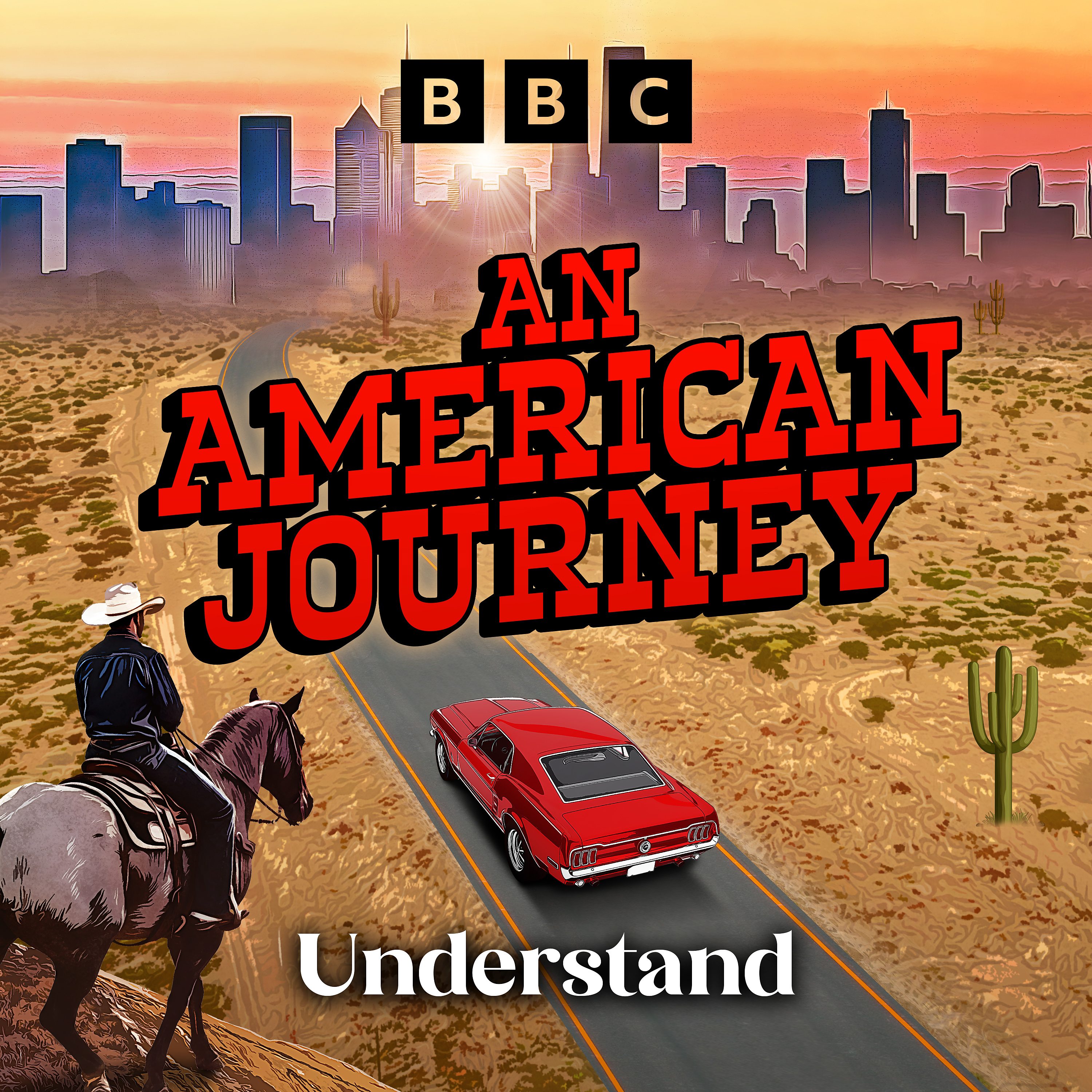
Understand
BBC Radio 4
Cyber Hack
BBC World Service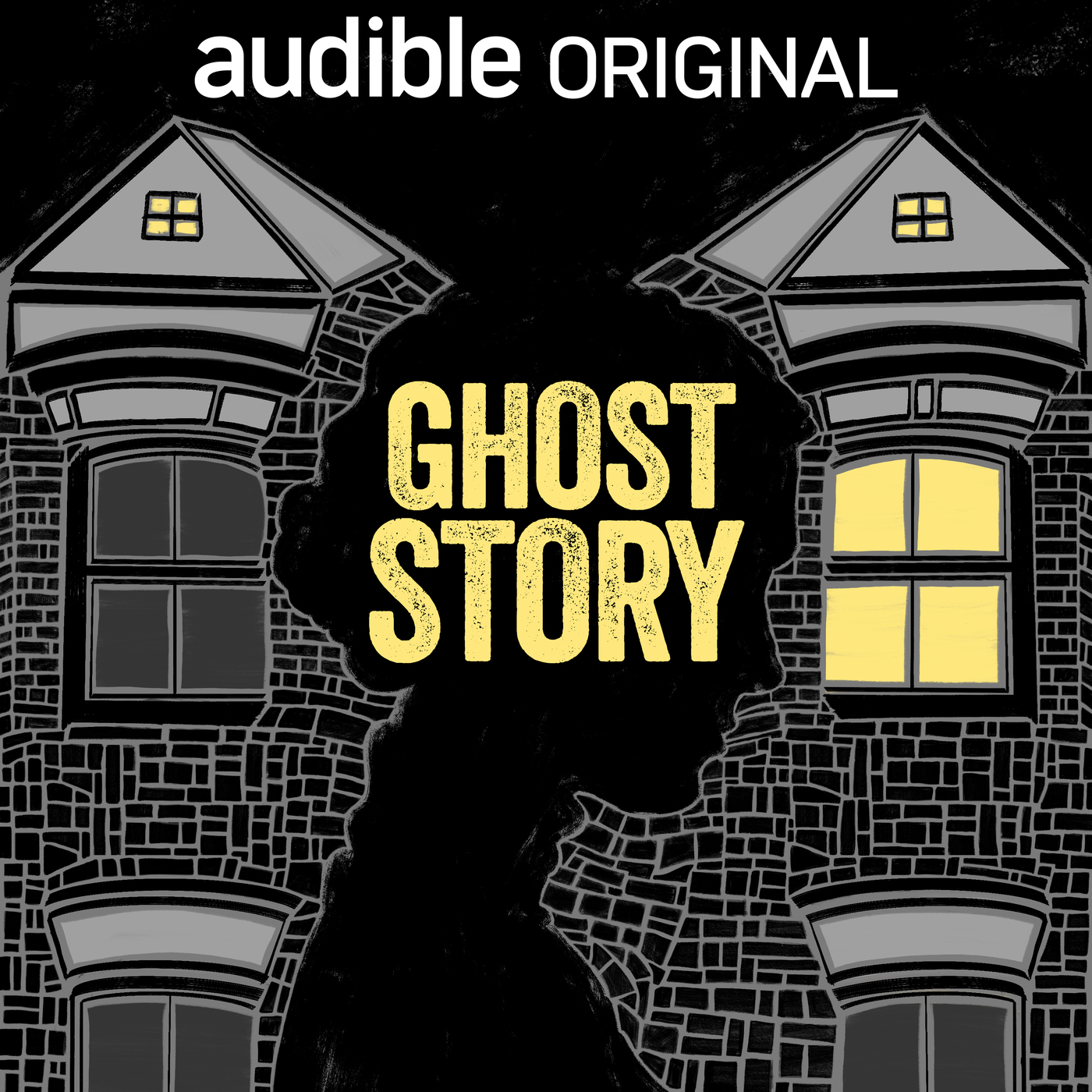
Ghost Story
Audible| Pineapple Street StudiosDiz Runs Radio: Running, Life, & Everything In Between
Join Denny Krahe, AKA Diz, as he talks with a variety of runners about running, life, and everything in between.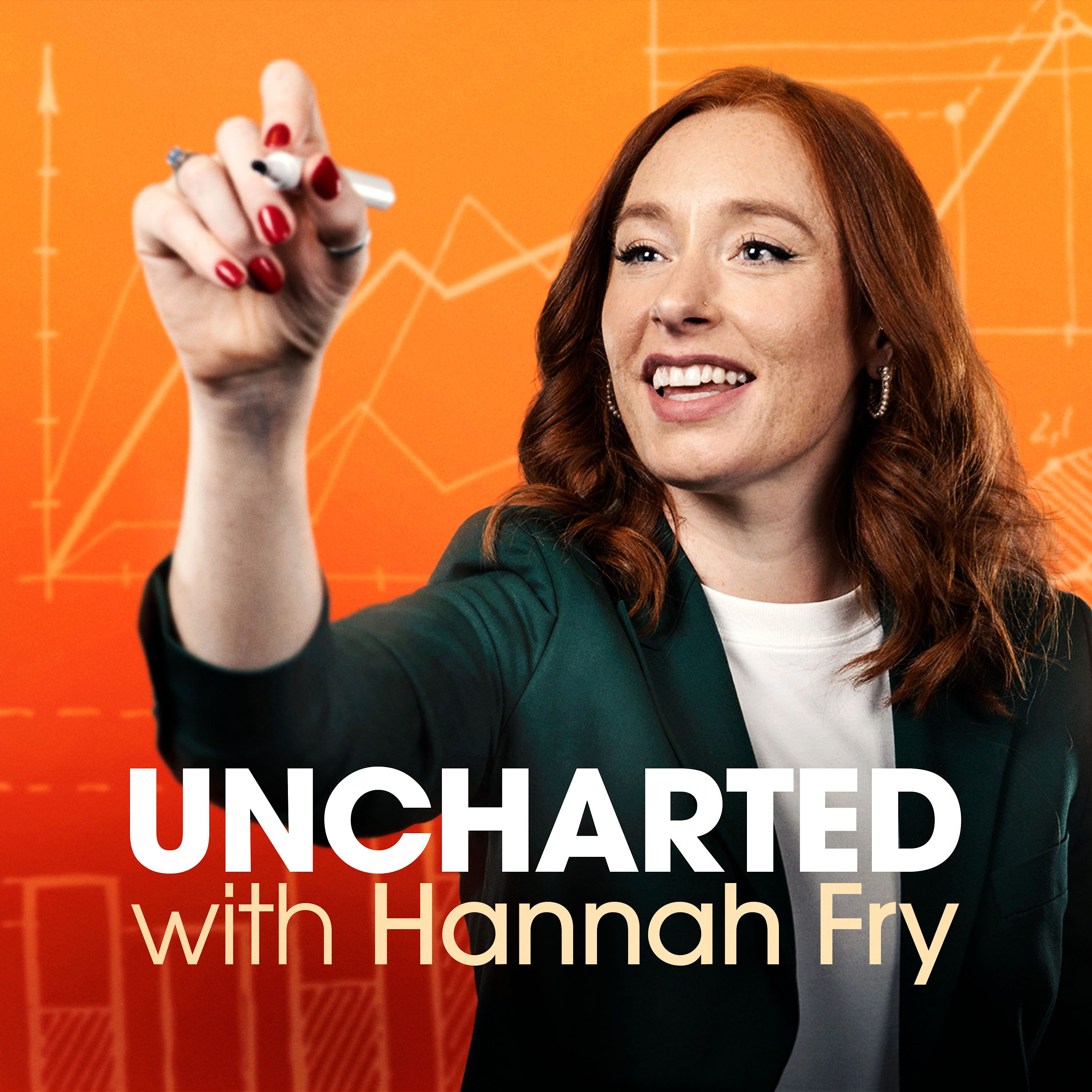
Uncharted with Hannah Fry
BBC Radio 4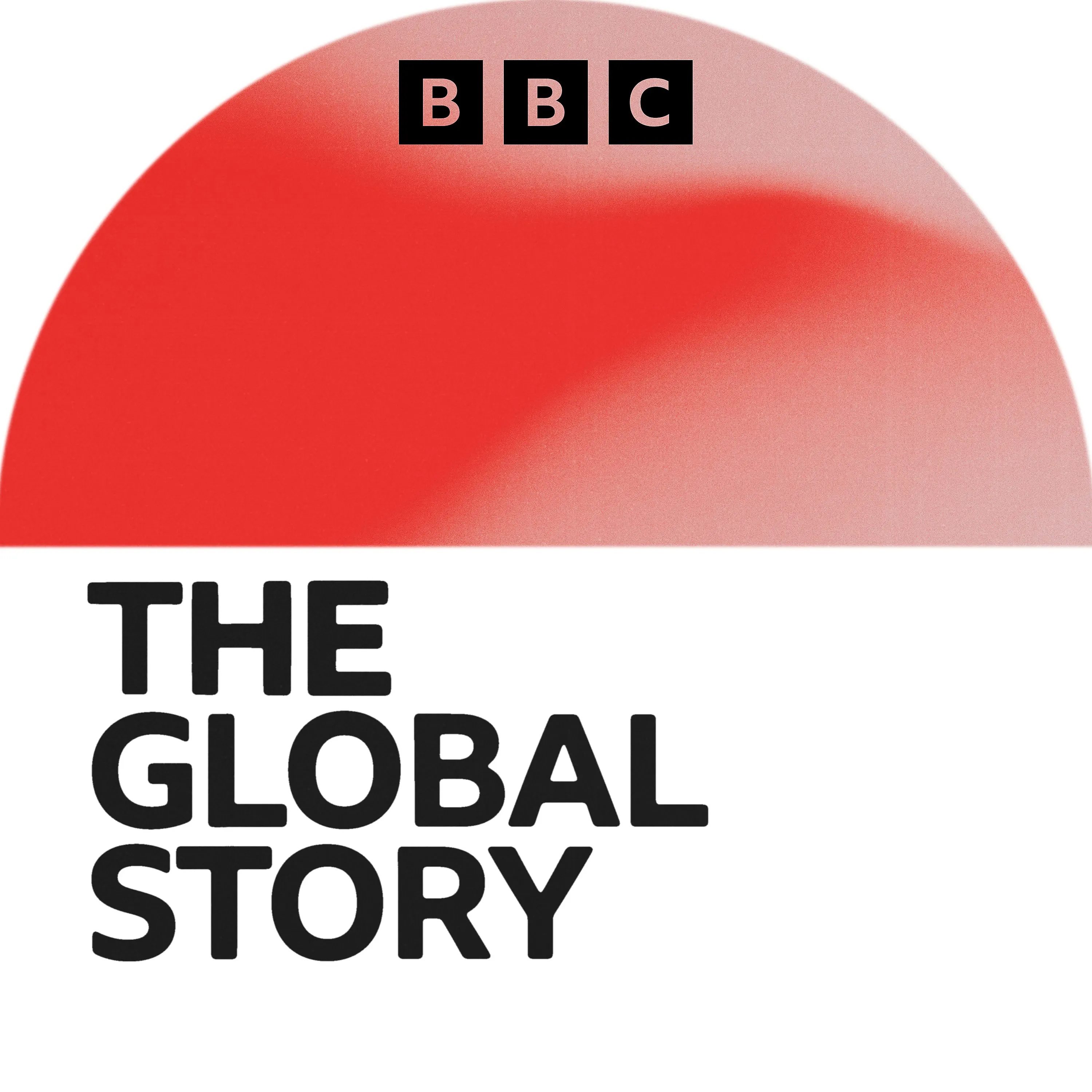
The Global Story
BBC World Service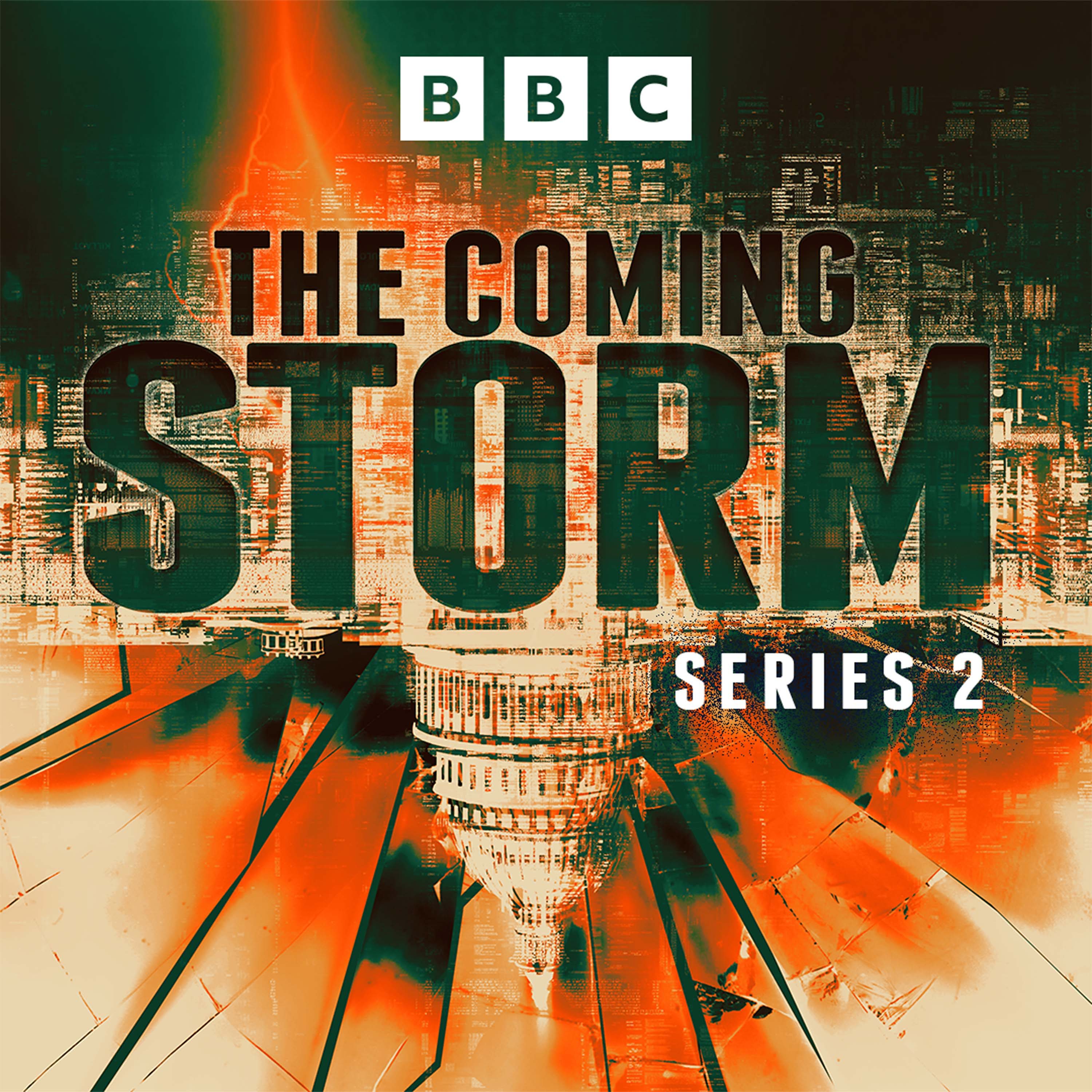
The Coming Storm
BBC Radio 4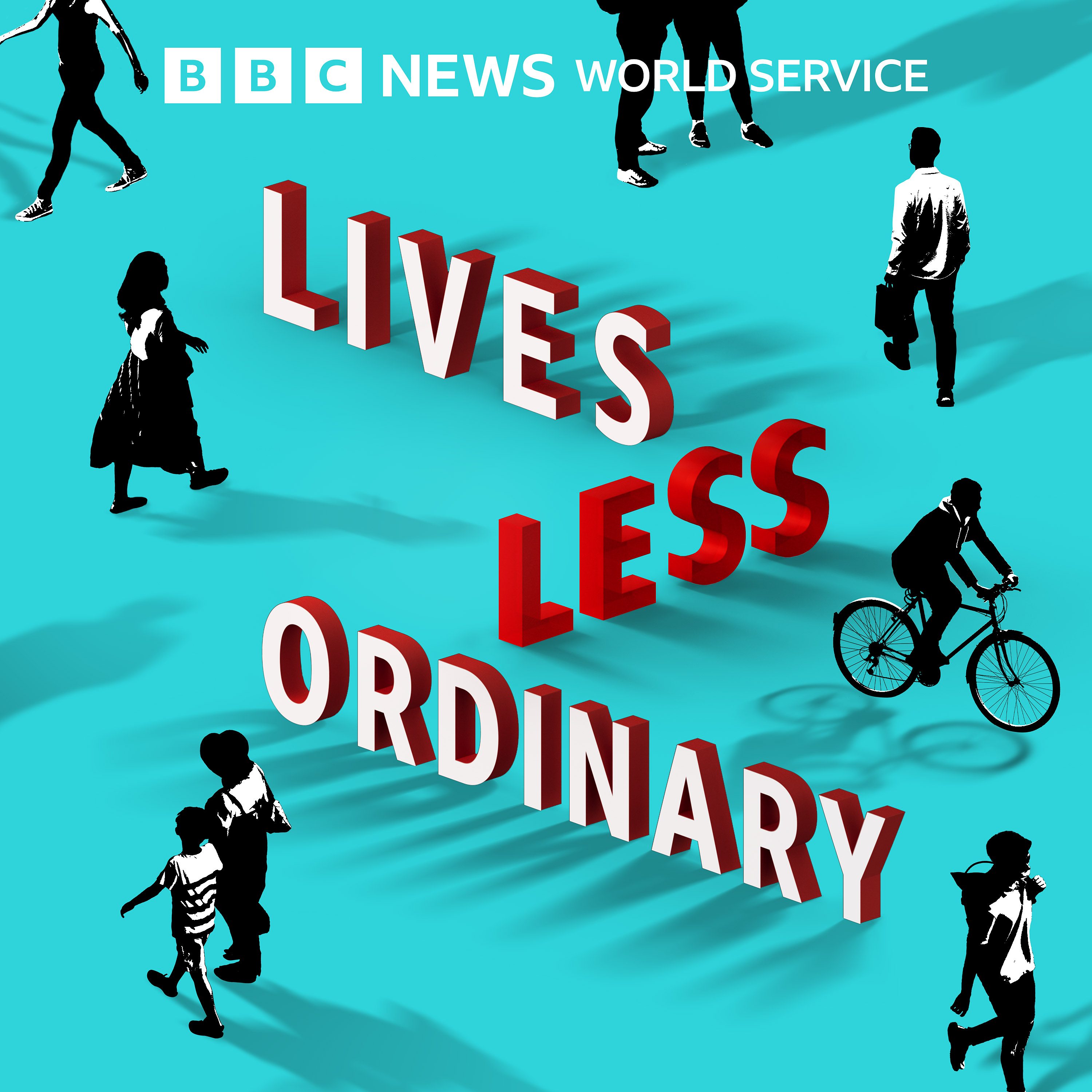
Lives Less Ordinary
BBC World Service
Do Epic Shit Today Podcast
Hannah Mulhern
The Rest Is History
Goalhanger
